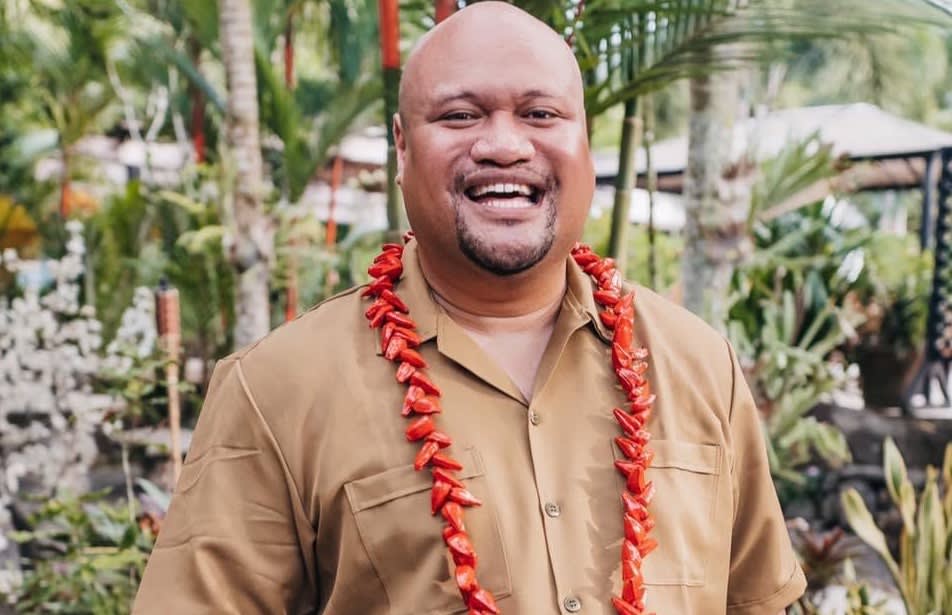
By Mary Afemata of Local Democracy Reporting
Seumanu Simon Matāfai JP is quick to dismiss any idea of “tokenism” when he discusses his role in bringing the Pasifika voice into Auckland council decisions.
“It is easy to think that it’s a tokenistic role, but we don’t take it lightly,” the co-chair of the Pacific Peoples Advisory Panel (PPAP) says.
While the panel had its first public meeting of the year on June 24, Seumanu says the 12-member group has been working hard behind closed doors, playing a vital role within Auckland Council’s enormous machinery.
Seumanu says the panel has been ensuring council increased its engagement with Pacific communities – pointing to the highest number of submissions for the recent Long-Term Plan as evidence of this.
“Usually a lot of the time they miss the ball because there’s no Pacific in their team and it’s not a genuine culturally appropriate approach.
“[So] the true value of our panel is seeing that lightbulb moment in our mayor when we bring to him the stories and the lived experience of Pasifika.”
The panel advised council on preparing for future civil emergencies and helped advocate for communities recovering from the city’s floods.
The PPAP is hosting a community engagement event on July 25 to discuss Auckland Emergency Management’s readiness plan with Pacific communities.
Demographic panels were introduced in 2011 by then mayor Len Brown. The panels include Rainbow Communities, Seniors, Youth, Rural, Disability and Ethnic Communities.
“A lot of our work is in terms of workshops. And the reason a lot of it’s in workshop mode is because a lot of it is embargoed for the community,” Seumanu says.
“We don’t make public decisions, we are more consulting, we are more analysing, evaluating and providing the advice.”
However, Seumanu is the first to admit Auckland Council has a long way to go at improving outcomes for the city’s Pacific communities.
“As panel members, we do our best to be critical and to definitely keep everyone accountable.”
Mayor Wayne Brown says the panels are a vital source of information for him and the council.
“I’m the kind of person who’s interested in hearing from people different to me.
“I enjoy my meetings with all our advisory panels, it’s a break from council process and a way to make sure I hear from groups who are a part of our city who I might not otherwise hear from.”
He adds that the PPAP was particularly useful during the recent LTP process.
“It was clear from feedback that continuing support for our cultural events was important to our Pacific Peoples Advisory Panel, and I agree.
“It’s important to celebrate everyone who lives in Auckland and that these communities see themselves represented.”
Albert-Eden-Puketāpapa ward councillor Julie Fairey agreed, saying the Panels were established because there were parts of Auckland which the council wasn’t good at engaging with.
“The traditional submission processes don’t necessarily reach and don’t necessarily work for [these communities].
Fairey, the chief liaison councillor for the Advisory Panels, says it is important they represent a wide range of perspectives.
“The advisory panels tell us what will and won’t work with their communities.
“One of the big things that came up in feedback this time around was how we did [consultation] engagement, with the timing with Polyfest and Pasifika.
“If we’re asking for communities to hold events at the same time as a lot of those groups are focused on preparing kids for those two festivals, that’s not going to work. So we need to think about that in our timing.”
The council allocates $203,000 in its annual budget to run the six demographic and three sector advisory panels.













